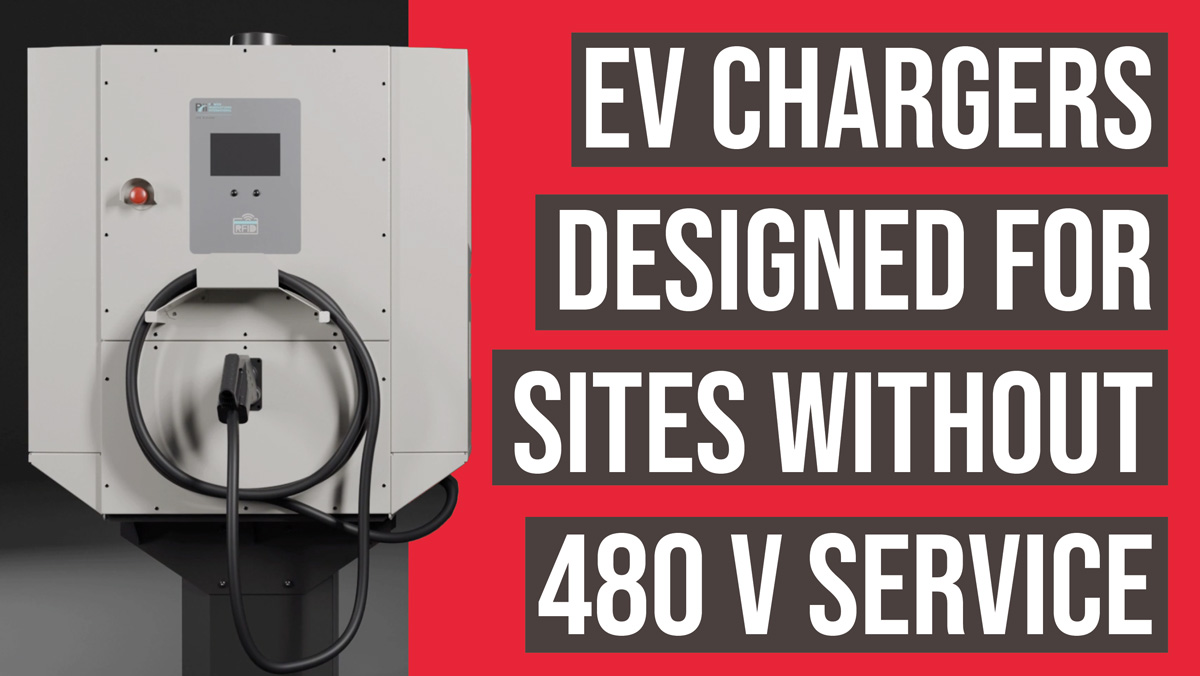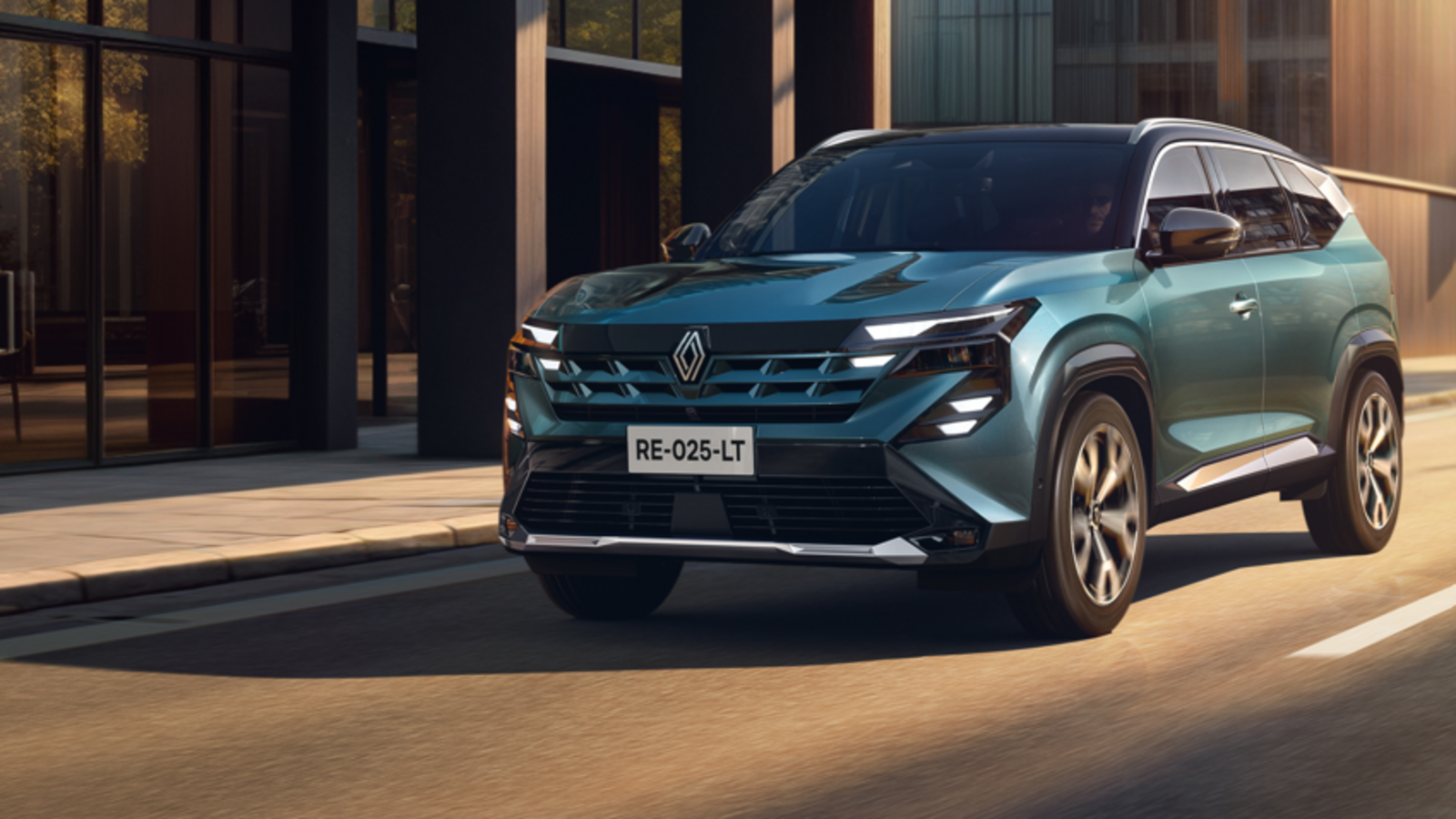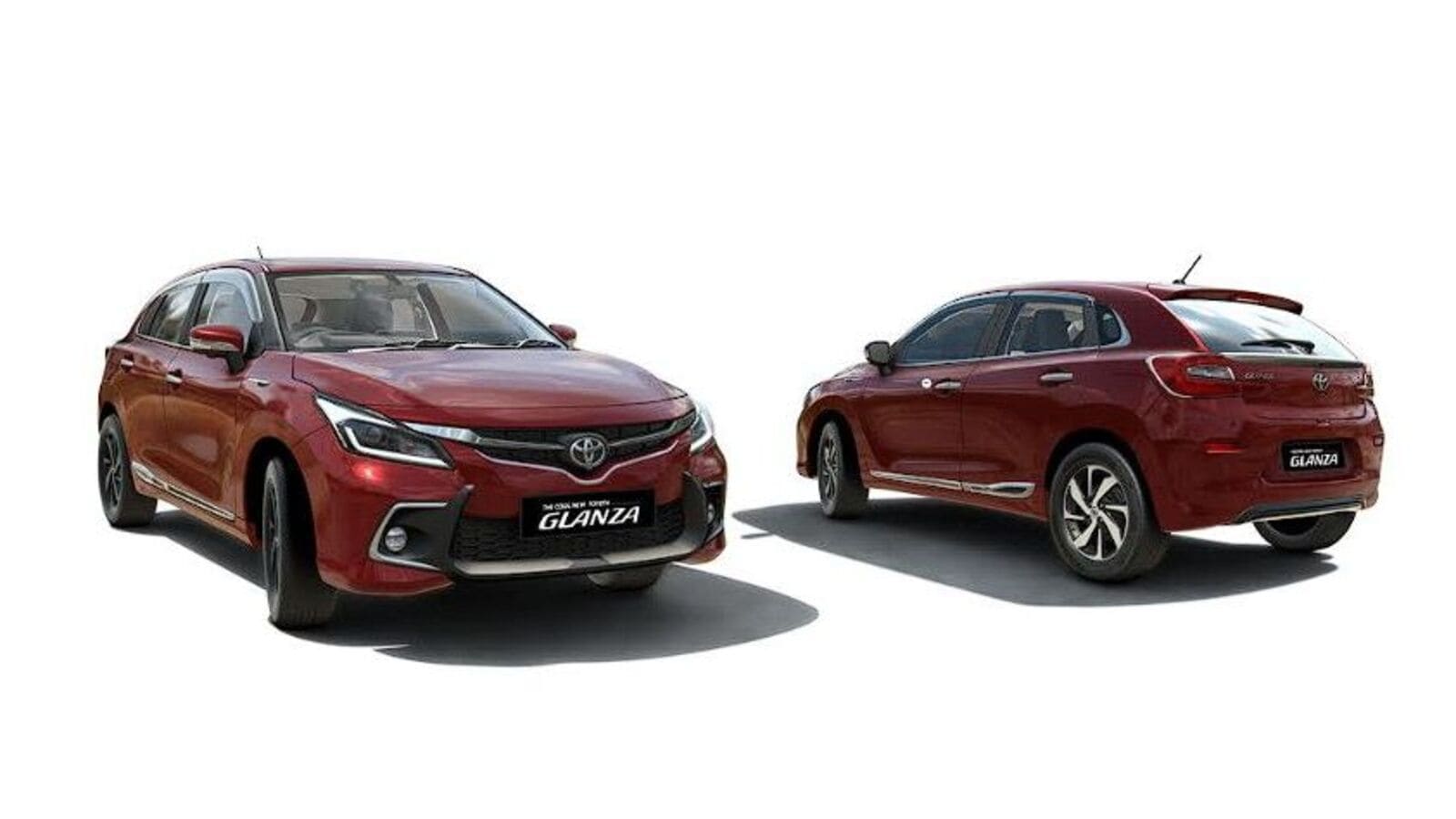There are two things everyone in the EV industry seems to agree on: (1) we need more charging infrastructure; and (2) installing that infrastructure often takes much too long. The delays very often have to do with getting a site connected to power, but it isn’t (always) the fault of the local utilities—they must contend with long delays in getting essential equipment such as transformers and switchgear.
In many cases the problem is not just a lack of enough power, but of the right kind of power—the majority of DC fast chargers on the market today require 480-volt, 3-phase power, and there are many sites where this simply isn’t available. Getting around this requires transformers, and that’s where the problems start.
Power Innovations makes chargers that can handle a wide variety of input voltages, including single-phase 208-volt or 240-volt inputs. This can eliminate the need for step-up transformers, which can translate to big savings of time and money.
Faster installation and lower costs? Sounds good—but Pii touts other advantages for its chargers as well. As Tim Rees told Charged’s Chloe Theobald at the recent ACT Expo, Pii’s chargers are built with reliability (the #1 problem in the EV infrastructure industry) in mind. Their modular architecture can keep them delivering electrons even if one module fails.
Watch the video to hear (and see) more about Pii’s line of chargers, which includes both fixed and mobile units, as well as battery-buffered systems.
Source: Power Innovations




